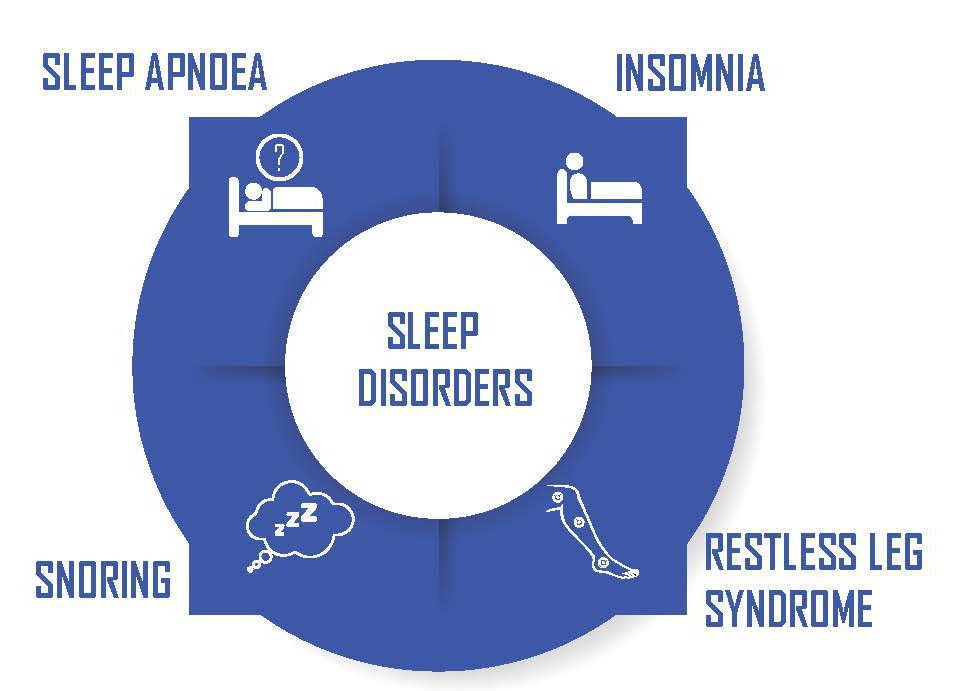
So we know that fatigue is a state of extreme tiredness and the only cure is sleep. However, if you are finding it hard to get enough quality sleep then how to you stop this cycle of fatigue? This chapter will run through some common sleep disorders and poor habits amongst drivers, as well as tips on how to get a better sleep.

ARE YOU GETTING ENOUGH SLEEP?
You may be experiencing sleep deficit if you are getting fewer than 7 hours of sleep every night. As a commercial driver, sleep must be your top priority to avoid fatigue. If you do not set yourself up for a good sleep, you are putting yourself and others at risk.
- Strong desire to take naps?
- Finding it hard to wake up without an alarm clock?
- Falling asleep less than 10 minutes after getting into bed?
- Do you sleep excessively on days off?
- Nodding off in front of the TV regularly?
- Waking up often throughout the night?
Our bodies are designed to sleep at night and be active during the day to match our circadian rhythms.

Alertness levels are at their lowest between 2:00 - 4:00am and 13:00 - 15:00pm. The sleepiness you feel during these Circadian dips will be less intense if you have had a sufficient sleep and worse if you have not slept well.

Be aware that if you are working during these low-level alertness hours, a good sleep is crucial to balancing your energy levels and keeping you safe to drive. If you do have to work when your body is telling you to sleep, you may start to experience sleep problems. So to combat sleep issues:





SLEEP DEBT
Be aware that regular insufficient sleep will lead to a build up of sleep debt. This is what can lead to fatigue.
For example, if you are only sleeping for 5 hours a day when your body needs at least 7 hours to recover, then you are building 2 hours of sleep debt every day. The more debt you build the longer it takes to fully recover to a fit state for driving.
While short term sleep debt can be made up relatively quickly, this is not the case if you let the sleep debt build up long term.
If you are struggling with sleep over a month, talk to your GP.

A sleeping disorder or potential undiagnosed health condition could be interrupting your sleep and causing you sleep deprivation. A sleeping disorder is a major hazard for commercial drivers.
Do you experience any of these problems?
SNORING
Loud enough to disturb the sleep of others or wake yourself up
SHORTNESS OF BREATH
Gasping for air or choking that awakens you from sleep
STOP BREATHING
Intermittent pauses in your breathing during sleep, that can last a minute or more
DAYTIME DROWSINESS
Excessive daytime drowsiness that may cause you to fall asleep while your working, watching TV or driving
If so, you may be suffering from a sleep disorder. Make an appointment with your GP, who may recommend an at home sleep test to diagnose any problems. Some common sleeping disorders include sleep apnoea, insomnia, snoring and restless leg syndrome. To find out more about these sleep disorders, click the link below.

SLEEP APNOEA
- Breathing stops at times during the night, for up to, or longer than a minute
- Treatment involves ways of keeping the airways open
- See your doctor if you family notices regular loud snoring noises or lack of breathing
- Read more about this issue
INSOMNIA
- Problems falling asleep
- Waking up too early or regularly
- Limit caffeine after midday, alcohol consumption at night and smoking
- See your doctor is you have this issue 3 nights a week or more
SNORING
- Common problem, but one that can affect your sleep quality and those around you
- Maintain a healthy weight and diet
- Cut down on or quite smoking
- Avoid alcohol late at night
- Keep your nose clear, use more pillows
RESTLESS LEG SYNDROME
- Discomfort in your legs during the night, which only gets better by moving your legs
- Massaging and stretching before bed may help to relax the muscles & increase circulation
- Reduce stress
- Drink plenty of water throughout the day
If you are concerned that you may have one of these sleeping disorders, get in touch with your GP or contact the Sleep Well Clinic. They have branches and contacts across the country.


Avoid heavy meals 2 hours before bed time

Avoid caffeine, alcohol and nicotine before bed

Avoid strenuous exercise within 3 hours of bed

Mask out noise by using 'white noise' such as a fan

Set up your bedroom for sleep, not TV

If you can't sleep get up for 20 min, then try again

In summer keep your room well ventilated

Turn your phone on silent

Write down your thoughts before trying to sleep
A 20 minute nap before driving increases alertness. Be careful of napping for longer than 30 minutes as this increases the risk of falling into a deep sleep and making yourself more drowsy upon wakening.


Try these simple things to keep you more alert on the road:
- Have a stretching routine every time you pull over for a break.
- Air out the vehicle cab to increase fresh air flow. Warm, stale air will make you feel drowsy.
- Keep temperatures at a low level, heat will make you feel tired.
- Drink plenty of water throughout the day, keep a bottle on hand.
- Eat small, healthy meals regularly as opposed to 3 big meals.
- Pack healthy snacks that release energy slowly, like nuts.
- Caffiene only provides a temporary fix, heightened alertness is not a long term solution.
- Naps are an effective short-term solution, but should not replace your continuous sleep.
- Driving in extreme weather requires more short breaks.
- Plan your journey with regular stops.
- Conversation and music can help in the short term.
- Share the driving if possible.
- Avoid medications that make you drowsy.
- Never over consume alcohol to excess the previous day.
- Check your mattress, does it need replacing or flipping?
3. ALCOHOL & DRUGS - CLICK HERE
The next chapter looks at the effects of alcohol and drugs, recommended alcohol limits and provides tips for those looking to make a change in their life.
.






